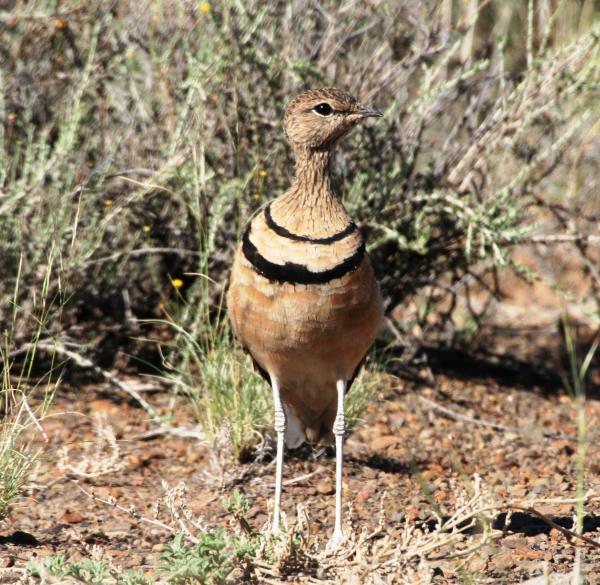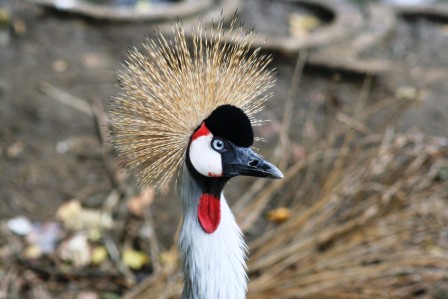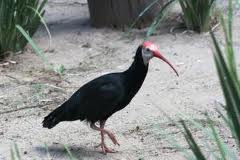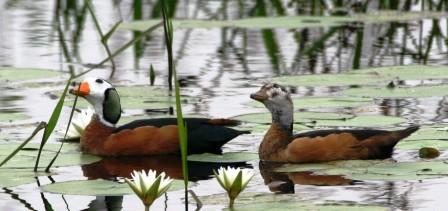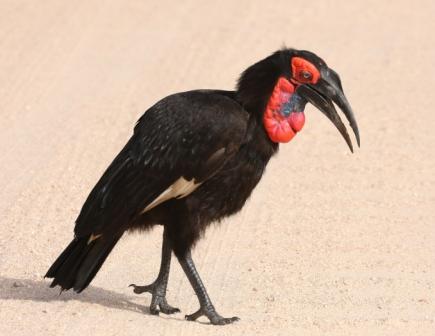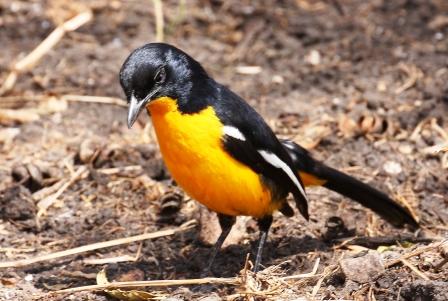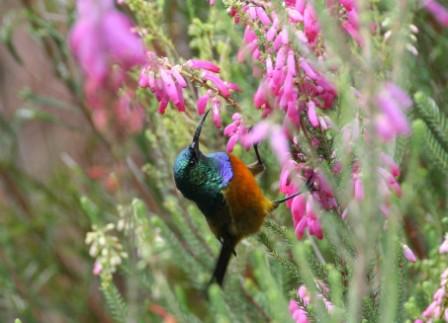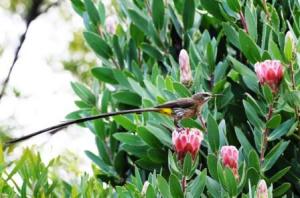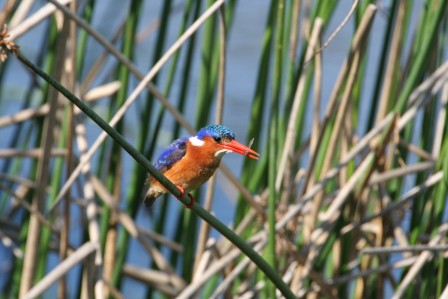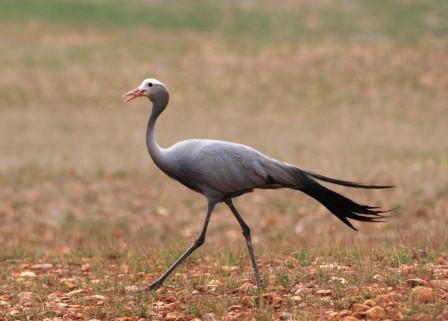|
|
JOIN OUR MAILING LIST |
|
Newsletter / Blog 2011-04-09 Aves Tour / Safari / Adventure report of trip to West Coast National Park, Western Cape, South Africa. The Aves tour party left Cape Town at 6 in the dark for the West Coast National Park. IBA As the sun rose we identified Pied Crow, Helmeted Guineafowl and Cape Spurfowl on route. In the park on the drive to Abrahamskraal waterhole we saw three pairs of Steenbok, Grey-winged Francolin, Cape Spurfowl and Cape Bulbul. On route to the Geelbek bird hides Black-shouldered Kite, Cape Robin-Chat, Bokmakierie, Southern Double Collared Sunbird and a highlight for me a Caracal. The walk to the first hide produced Kittlitz Plover, White-fronted Plover, Black-winged Stilt, Blacksmith Lapwing and Cape Wagtail. This hide is arguably South Africa’s best water-bird hide and did not disappoint with Curlew Sandpiper, Grey Plover, Common Greenshank, Cape Wagtail, South African Shelduck, Kelp Gull, Hartlaub Gull, African Marsh Harrier, Greater Flamingo and Great White Pelican. A strong south easterly wind came up while we birded from this hide. The walk back to the rows of alien trees produced Yellow Canary, Southern Double Collared Canary, Bokmakierie, Cape Bulbul, and Levailliant’s Cisticola. The rows of alien trees next to the road to the Geelbek Manor house produced Lesser Honeyguide a new sighting for me in the Western Cape as well as a small group of Eland. With the strength of the South Easterly wind increasing we decided to head for the hide at Abrahamskraal. Here we saw Black Harrier, Cape Shoveler, Red-knobbed Coot with four young, Little Gebe, Yellow Canary, Common Moorhen and Levailliant’s Cisticola. We departed for the saltpans at Yzerfontein to look for Chestnut-banded Plover, which were not around but we did see Spotted Thick-knee, White-fronted Plover, Kelp Gull and Cape Spurfowl. The rocks near the Yzerfontein Harbour produced African Black Oystercatcher, Bank Cormorant, Hartlaub’s Gull and Swift Tern. We headed back to Cape Town after a very enjoyable mornings birding. Red = Endemic Blue = Near Endemic |
| Back | Back to top |
 |  | Cape Town Tourism 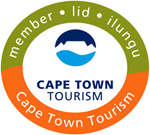 |
|||||||||||||

